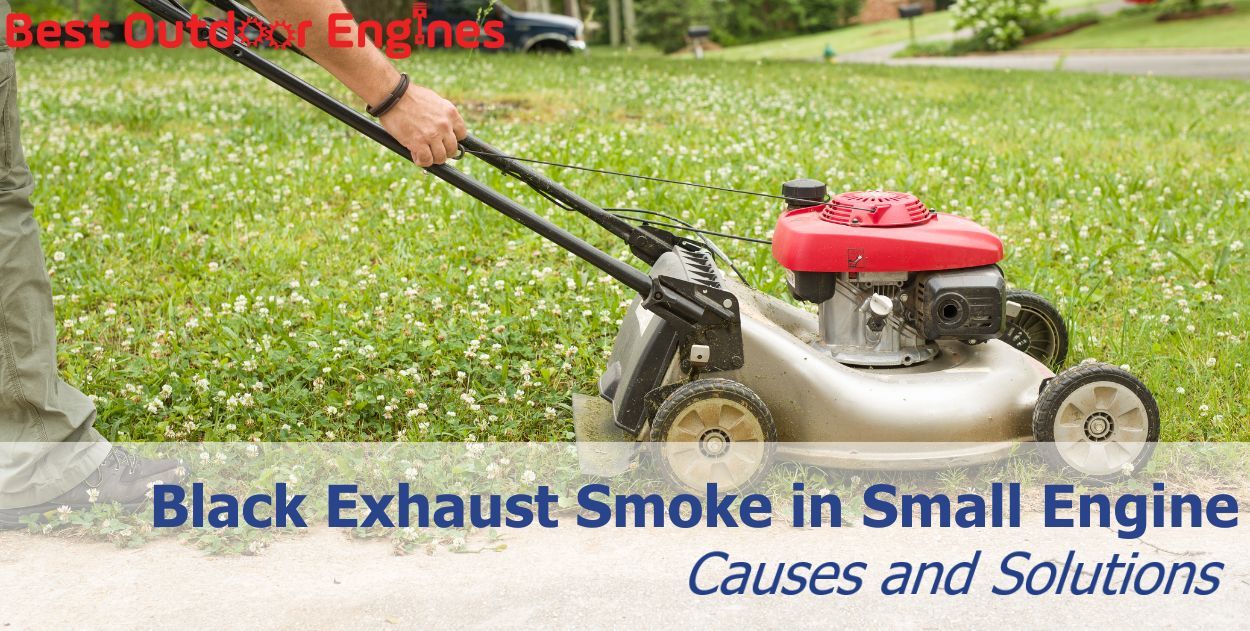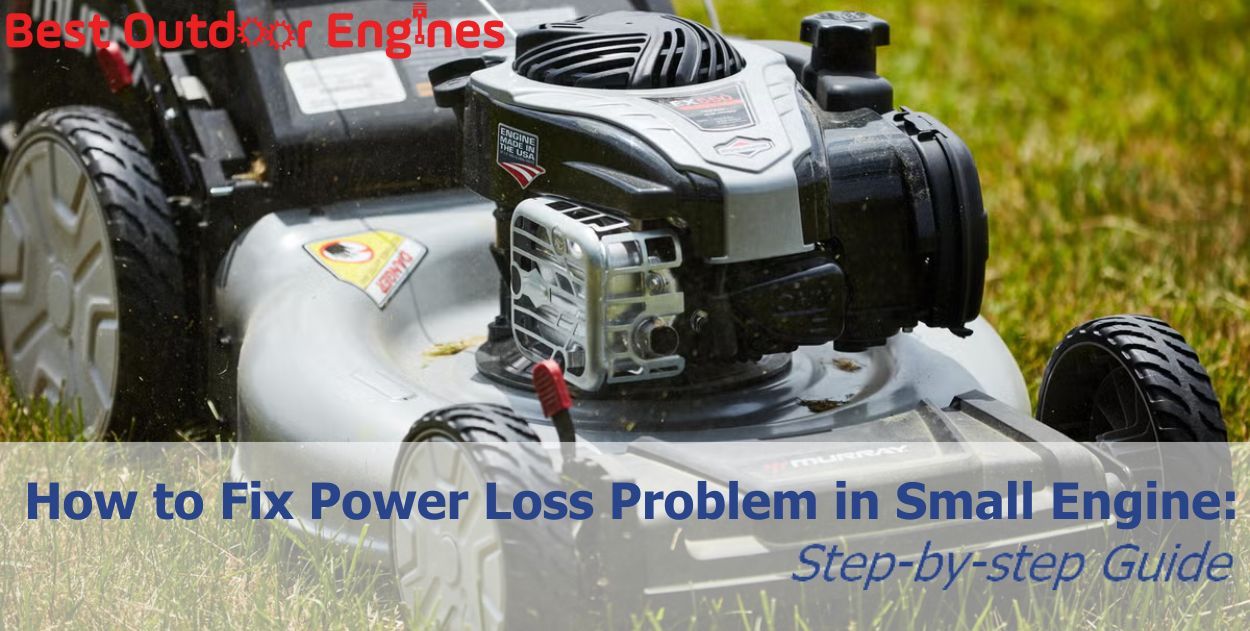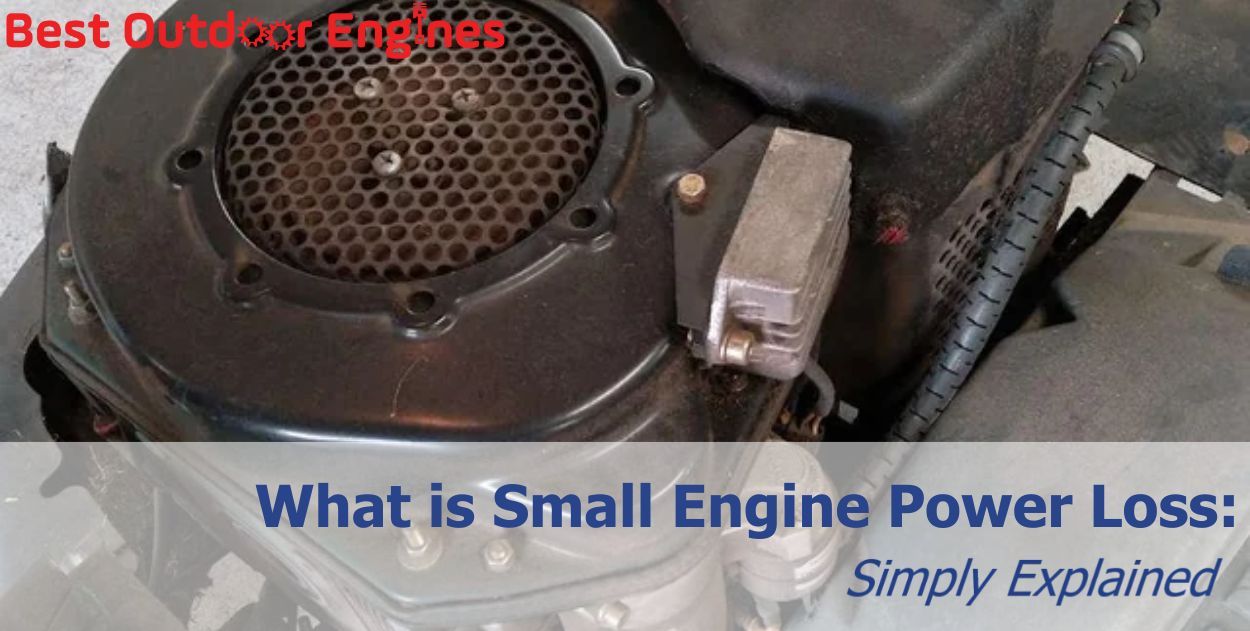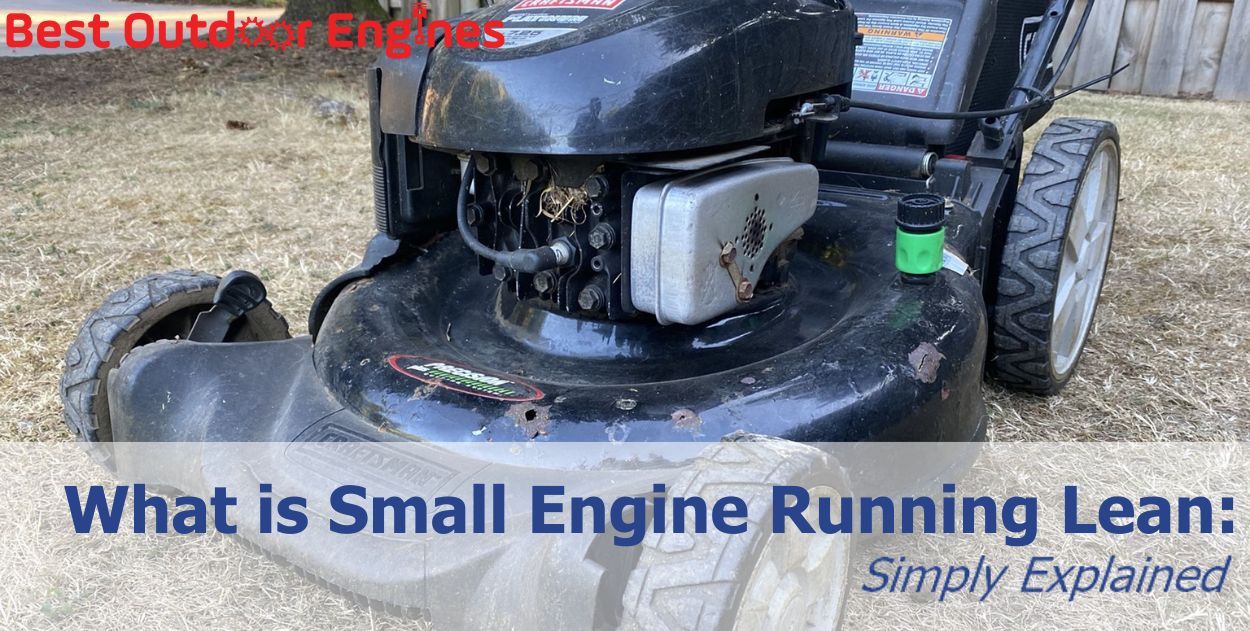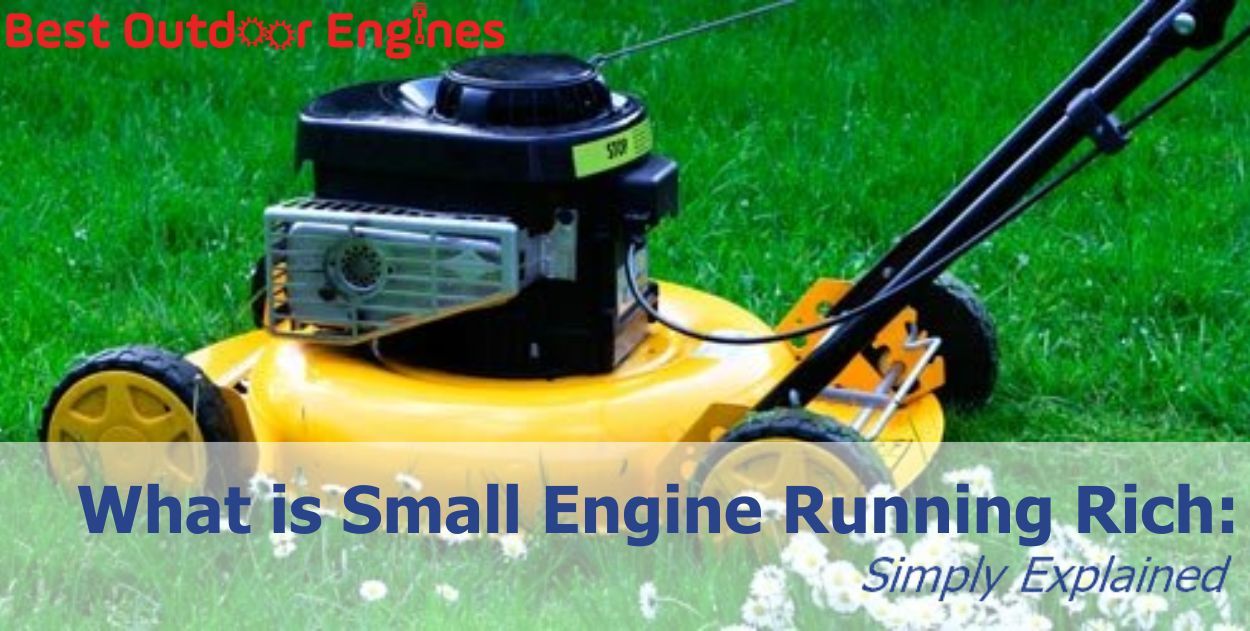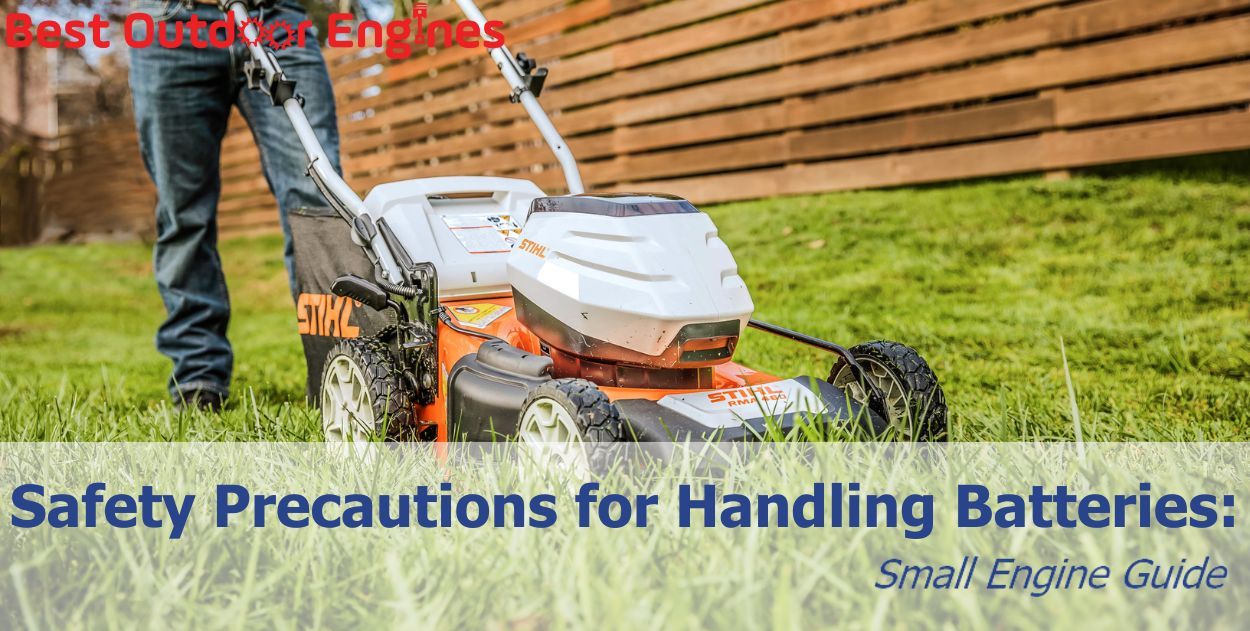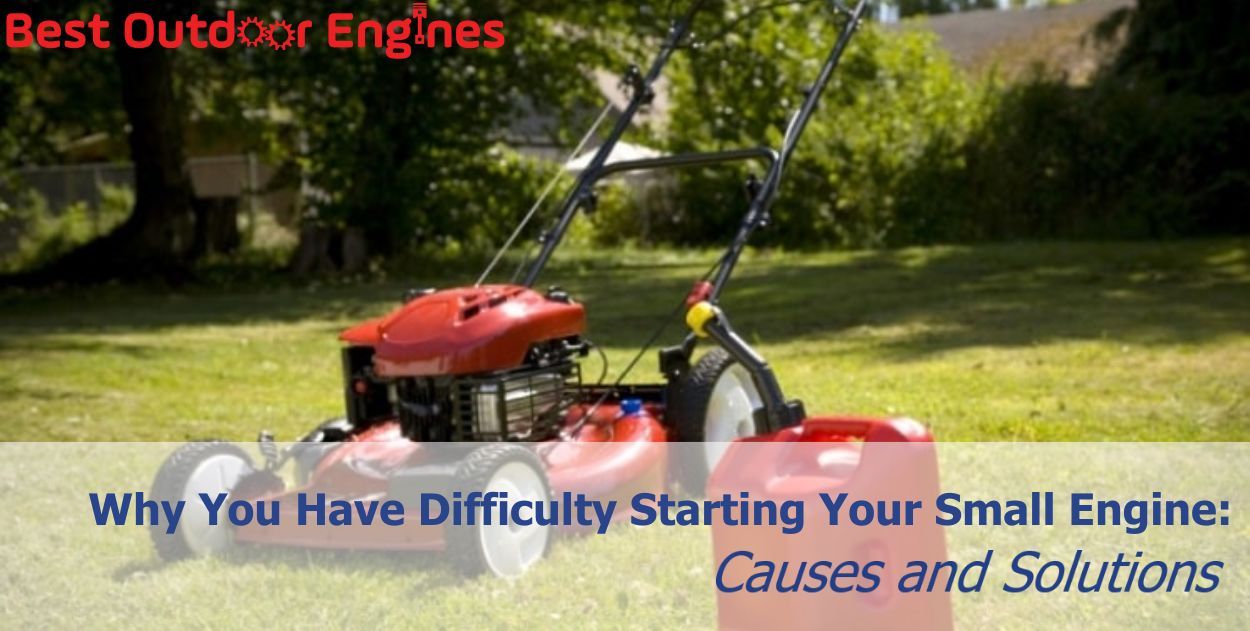How to Immediately Cool an Overheated Small Engine: Small Engine Guide
During the operations, if your small engine works for a long period or with any malfunctioned components, it’s highly likely to become overheated. Before coming to fixing the real problem behind the overheating of your small engine, it’s important to cool the engine down first.

What Leads to Small Engine’s Overheat?
There can be a lot of factors leading to your small engine’s overheat. The first and probably the most oftenly seen by us is the low level of oil in your small engine.If the oil level is lower than needed, there would be an increase in friction. This is because the oil normally moves around the parts of your engine to absorb the heat created during the small engine work. Lacking the amount of necessary oil makes the engine get more heat.
Another factor leading to overheating can be a dirty or clogged air filter. With a clean air filter, extra air can get into your small engine without dust. This air helps reduce the heat inside your small engine during operations. If your small engine’s air filter is clogged, the airflow of your small engine may be restricted. This not only increases the small engine’s temperature but also leads to poor combustion.
A dirty or malfunctioned spark plug can lead to an overheated engine. If you don’t check them regularly enough, they can get dirty. Sometimes your spark can also be torn, which leads to certain malfunctions. If you forget about them, just a malfunctioned spark plug problem can escalate into much bigger issues causing your engine to be broken.
An overloaded workload is another cause for your engine overheating. For example, if you use your long-not-maintaining lawn mower to cut the thick, old, tall grass in your backyard, the engine of the lawn mower can get excessive strain from such a daunting work, which can have a high chance of overheating.
If your small engine overheats, you need to cool them down immediately for many reasons. One of them being that you can prevent engine damage. If the small engine suffers from excessive heat, your engine parts, no matter which material it was made from, may warp or even deform. If you don’t turn it off early enough, you’ll soon lose money to control the damage.
If you let overheat happen too much, you even lose more money to replace your small engine oil. The oil of your small engine works to absorb heat and lubricate parts, but in the meantime, if it gets too much heat, the lubrication quality can be worse. In this case, cooling off an overheated engine can help you save money. Your engine may even be seized and experience a catastrophic failure in the worse case.
Cooling off an overheated engine can be vital for the matter of safety. An overheated engine is a far but yet so easy cause for your small engine to get into a fire hazard. We want you to take notice of this, as sometimes you are using your lawn mower with dry grass and leaves, which is considered a really flammable material. If something out of hand happens, then you may also suffer the risk of injuries from an overheated engine.
So imagine none of that happens and overheating does not do anything to you or the stuff around you, but guess what, it shall soon come back and take the money out of your wallet. It’s not that big of a deal though, but overheating conditions may make your engine suffer from minor problems to major problems and trust us, the repair cost is rather high.
Step 1: Turn Off the Engine

Immediately shut off the engine to stop it from generating more heat.
Step 2: Move to a Safe Location:

If possible, move the equipment to a shaded or cooler area to aid the cooling process.
Step 3: Allow the Engine to Cool Naturally:

Let the engine sit and cool down on its own. This process can take 15-30 minutes, depending on the temperature and the extent of overheating.
*IMPORTANT: Do Not Pour Water on the Engine: You should never pour any water directly on the hot engine. This can cause thermal shock, which leads to cracks or warping of engine components.
Step 4: Start Checking the parts

Once the small engine is cooled, you should start checking parts of the small engine.
After cooling down the engine, it’s now time to do some checking to your engine. First, check the oil level of your small engine. You can do this by using the dipstick. If the oil level is low, you should add oil to your small engine. Make sure it is the appropriate type that you are adding, and the amount should be correct as specified in the owner's manual.
Next, you should check the engine air filter. If a small engine’s air filter is dirty or clogged, clean or replace it right away. You should do this cleaning work the correct way according to your air filter type.
Next, check your small engine’s cooling fins. Blocked cooling fins can make a significant increase to the engine temperature. If they are dirty, clean them with a brush or compressed air to ensure proper heat dissipation.
Next, you should try to check the engine’s fuel. Make sure that the fuel you are using is the correct type and they are mixed correctly. An old or contaminated fuel source can be a cause for overheating. If you feel that change is necessary, you should drain the fuel tank and refill it with fresh fuel.
If the engine continues to overheat despite taking preventive measures, or if you notice signs of severe damage such as smoke, unusual noises, or oil leaks, seek professional assistance. If you have cooled down the small engine correctly, we believe that you have helped yourself to save some money as you prevented further damage caused to the small engine.
1. What are the first steps to take when my small engine overheats?
Immediately turn off the engine and let it cool down. Do not try to continue operating the engine while it is overheated.
2. How long should I wait before attempting to restart an overheated small engine?
Allow the engine to cool for at least 15-30 minutes. This gives the internal components time to return to a safe temperature.
3. Can I use water to cool down an overheated small engine?
It is not recommended to pour water directly on a hot engine, as the sudden temperature change can cause components to crack or warp. Let the engine cool naturally.
4. What are common causes of small engine overheating?
Common causes include low oil levels, clogged cooling fins, a dirty air filter, a malfunctioning cooling system, and operating in high ambient temperatures.
5. How can I prevent my small engine from overheating in the future?
Regular maintenance is key. Check and maintain proper oil levels, clean or replace air filters, keep cooling fins and air intake areas clear of debris, and ensure the cooling system is functioning properly.

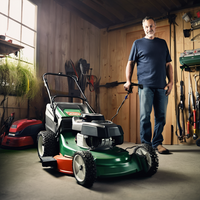
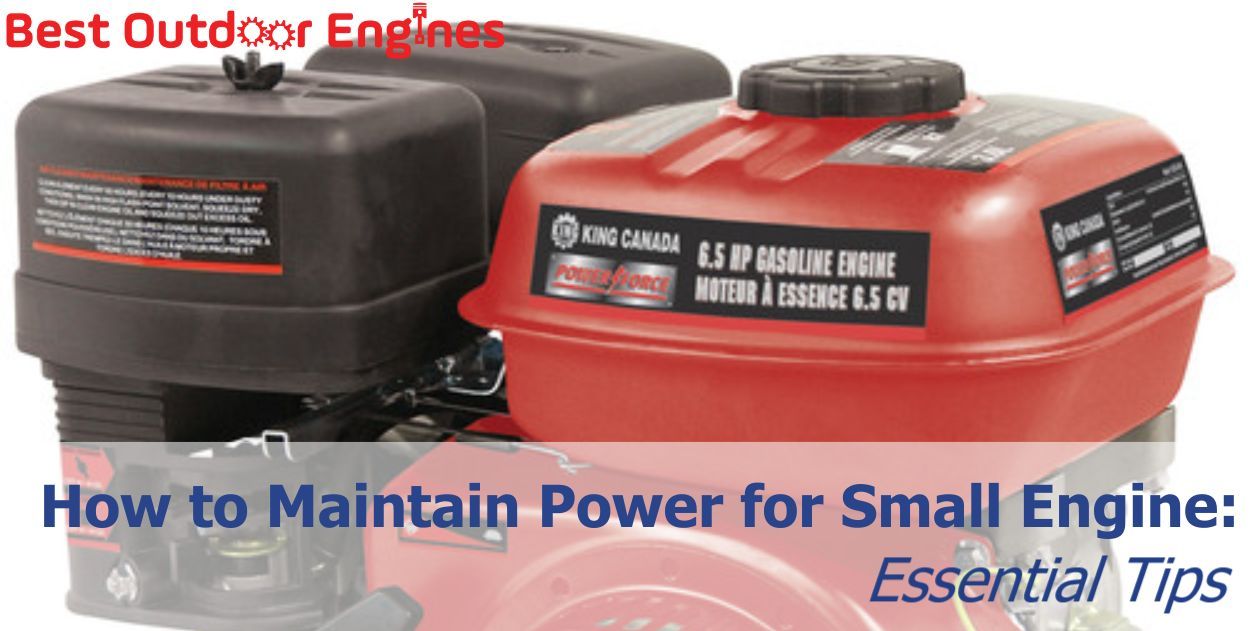
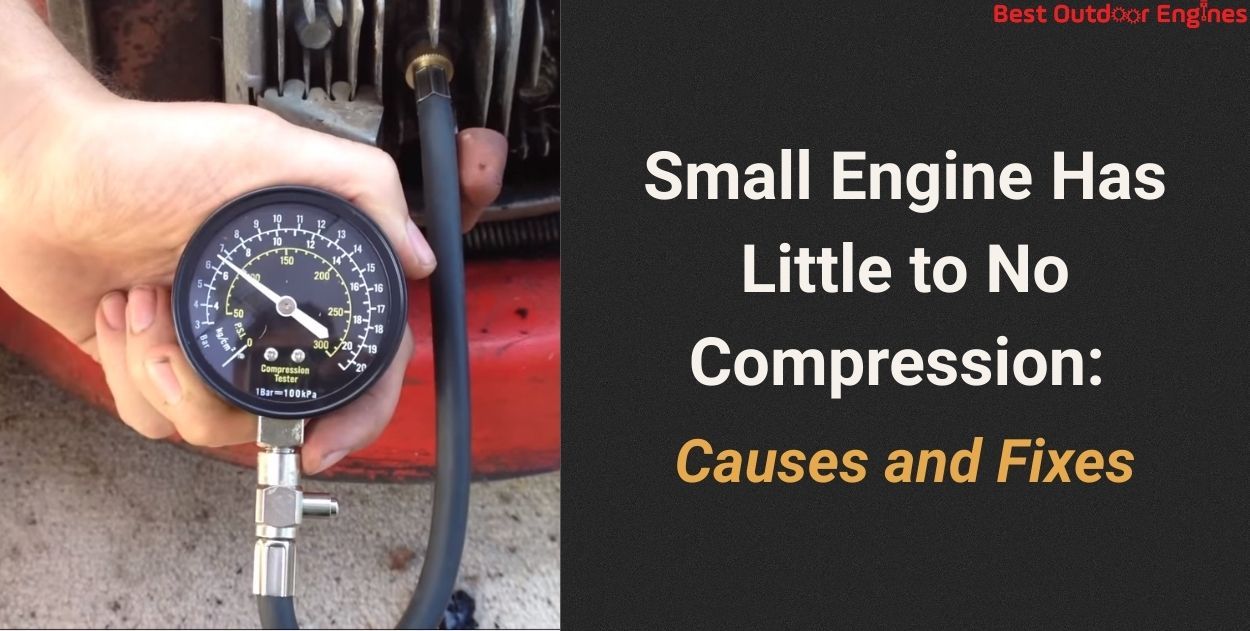
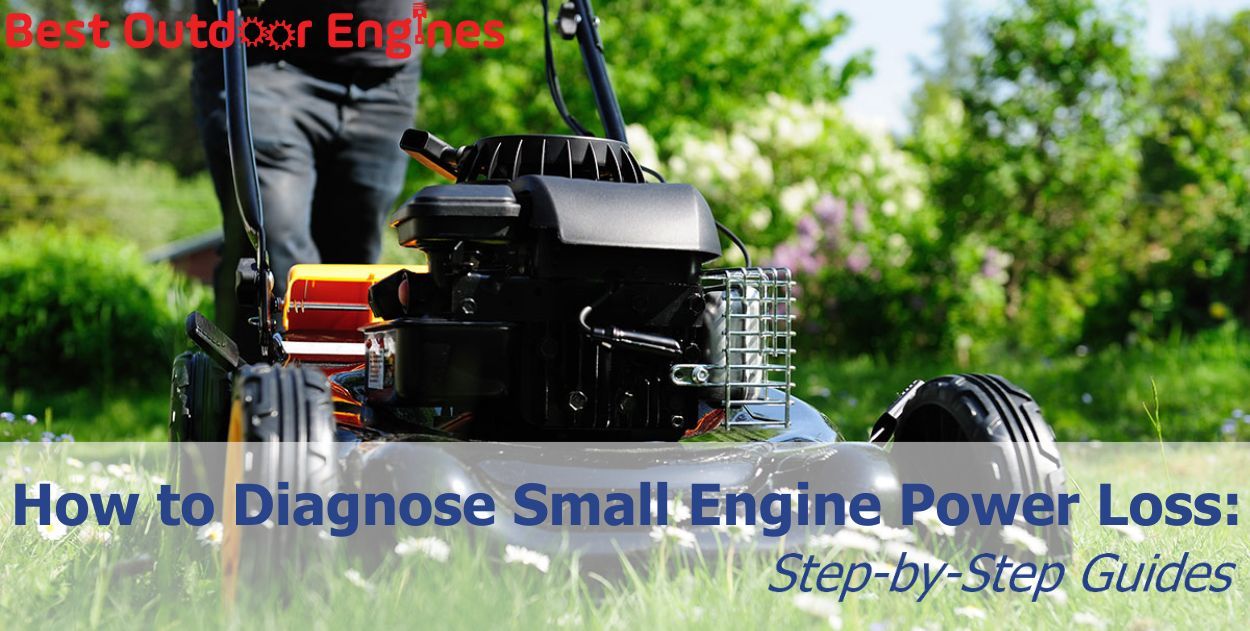

.jpg)
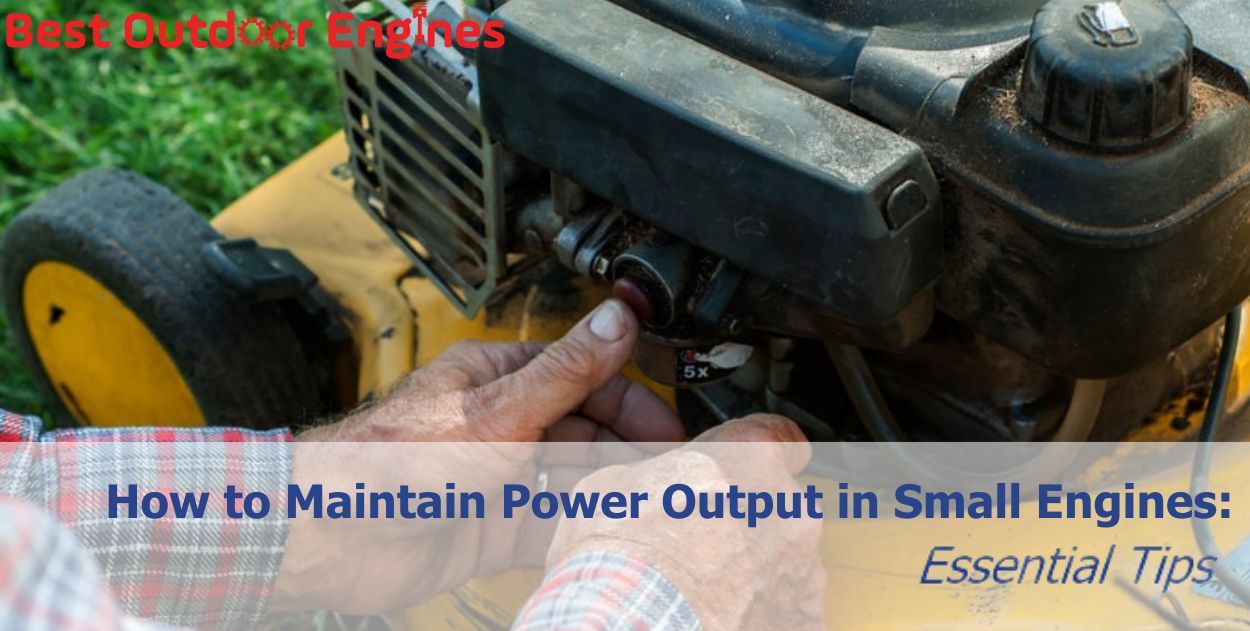
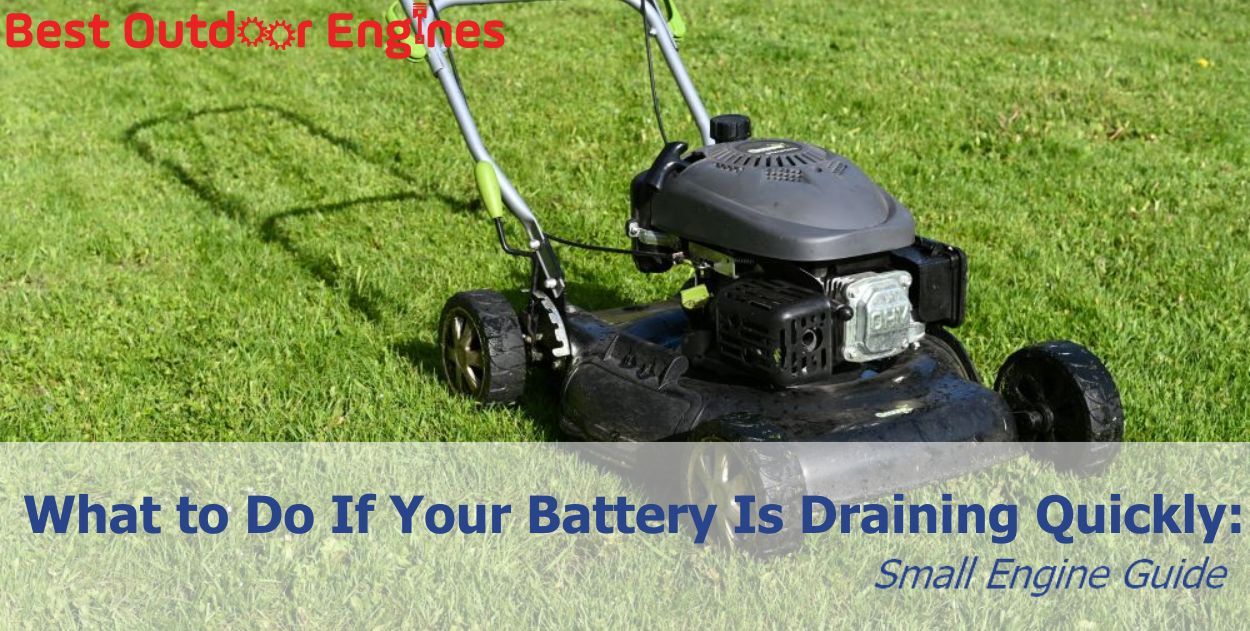
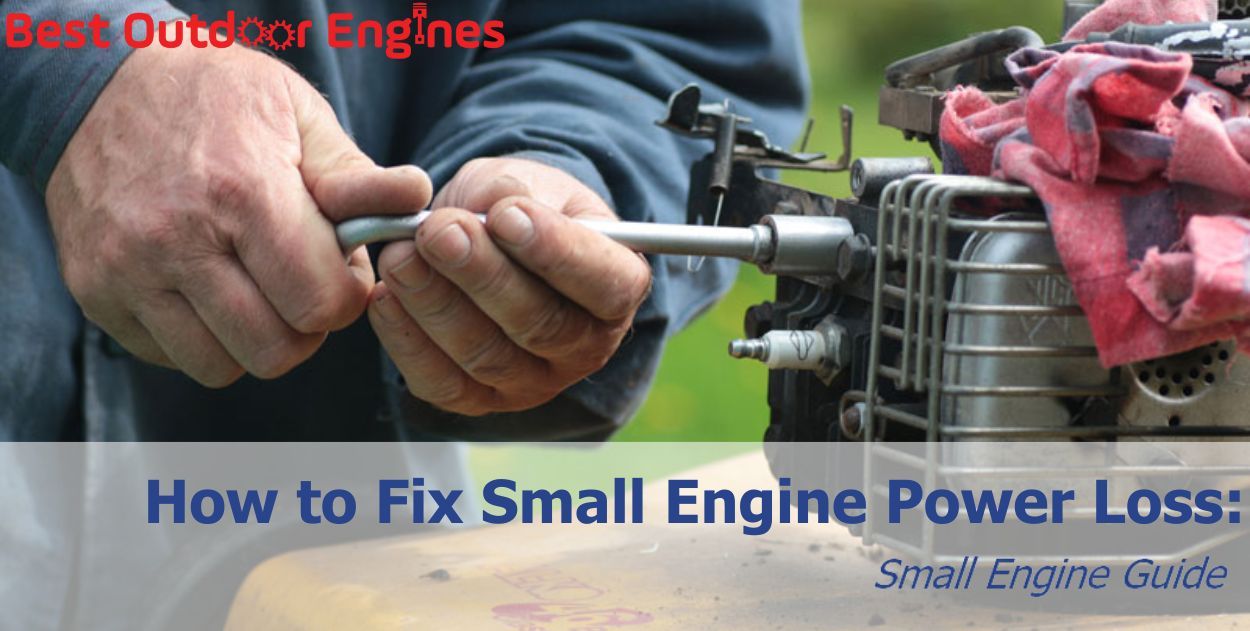
.jpg)
